Maine Governor Janet Mills, women’s rights activists among state’s most influential women
In 1917, women in Maine were on the cusp of getting the right to vote.
It was all anyone could talk about. In the decades since Susan B. Anthony had galvanized women in Bangor to want more from their government, the women of Maine had founded suffrage groups, demonstrated in the streets, handed out leaflets at social gatherings, hosted debates, and started an annual suffrage day at Old Orchard Beach to get the right to vote. By 1917, they had won the support of the Maine legislature, which passed a constitutional amendment that needed only to pass a statewide vote to become law.
It was the closest Maine’s suffragettes had ever been, but when it went out to a vote –one they couldn’t participate in – it failed.
Two years later, a new opportunity came – the 19th Amendment, which promised the right to vote not just for Maine women. This time, it didn’t require a referendum. Instead, Gov. Carl E. Milliken, who was pro-suffrage, brought the legislature together for a special session, and they ratified the amendment in 1919. They were the 19th state to do so.
One year later – and 100 years ago – two-thirds of the states ratified the amendment, and American women officially had the right to vote.
To mark this centennial, the USA TODAY Network is naming 10 American women from each of the 50 states and the District of Columbia who’ve made significant contributions to their respective state and to the country, as Women of the Century. You’ll find Maine's list below, but first, let’s talk about how we got there.
Are you registered to vote? Take the first step to making sure your vote counts.
Per the USA TODAY Network’s criteria, the women were expected to have a track record showing outstanding achievement in the areas of arts and literature; business; civil rights; education; entertainment; law; media; nonprofits and philanthropy; politics, science and medicine; or sports. They also had to have lived between 1920 and 2020.
And because of the national scope of the project, some women with Maine ties, such as Rachel Carson, were claimed by other states.
Nominations came from a panel of women leaders as well as the public. Narrowing the nominees was no easy task.
Picking just 10 people leaves out so many dynamic figures, amazing achievements and powerful accomplishments. For example, suffragists like Deborah Knox Livingston and Katherine Reed Balentine didn’t make our list, but Florence Brooks Whitehouse did because she took on a role in the national movement as an activist and speaker. Her strength, independence and courage on a national stage are why she’s one of Maine’s Women of the Century.
Those who join her in our Top 10 come from various generations and careers, but they all share a record of extraordinary achievement.
Who is your Woman of the Century? Did we miss a woman you think should be on our list? We’d like to hear from you.
Margaret Chase Smith
First woman elected to both chambers of the U.S. Congress
(1897-1995)
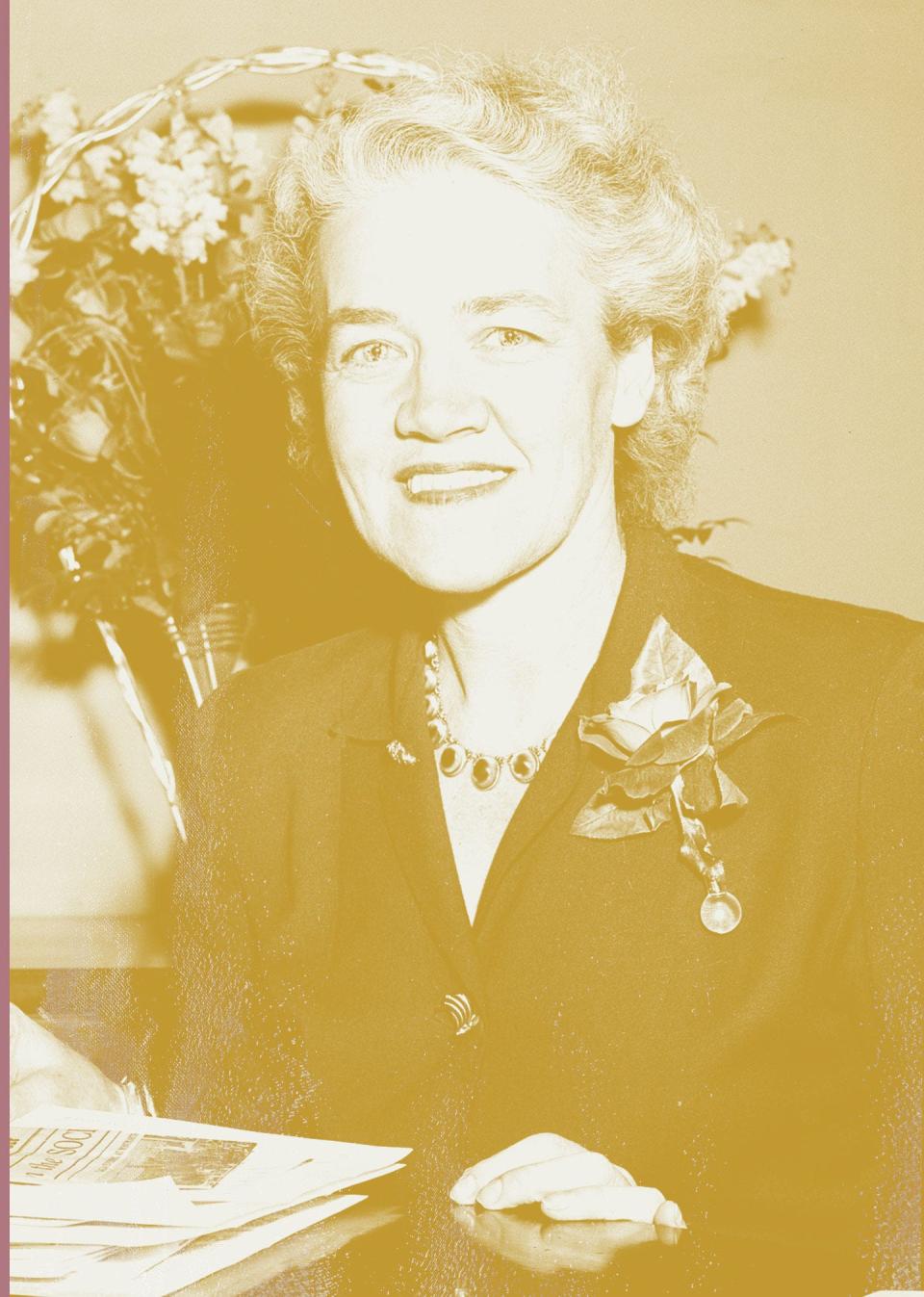
Margaret Chase Smith was the first woman to represent Maine in the U.S. House or Senate, as well as the first woman elected to both chambers of the U.S. Congress.
Elected to the House of Representatives in 1940, eight years later she was elected to the United States Senate by the greatest total vote majority in Maine history at the time. She continued to be popular, serving in the Senate until 1973.
Known for her political courage, as a freshman senator – at a time when freshmen senators were supposed to be seen and not heard – she took a strong stand in a speech against McCarthysim in the early 1950s that moved the nation.
“The United States Senate has long enjoyed worldwide respect as the greatest deliberative body.... But recently that deliberative character has ... been debased to ... a forum of hate and character assassination,” she said. “Freedom of speech is not what it used to be in America … It has been so abused by some that it is not exercised by others.”
Her stand against injustices remained consistent during her tenure.
At the Republican convention in 1964, Smith’s name was placed in nomination for the president of the United States, the first time a woman had been placed in nomination by a major political party.
Smith served as the leader of the Conference of all Republican Senators from 1967 until her retirement, which made her the first woman elected to a leadership post in the Senate.
Smith is also recognized for her leadership in creating roles for women in the armed forces. She introduced the legislation to allow women to serve in the U.S. Naval Reserve and was nicknamed "Mother of the WAVES" (Women Accepted for Volunteer Emergency Service), which was the women’s branch of the Naval Reserve during World War II.
In 1989, she was awarded the Presidential Medal of Freedom by President George H.W. Bush “for her commitment to truth and honesty in government and in America.”
Frances Perkins
Labor activist, first woman appointed to a presidential Cabinet
(1880-1965)
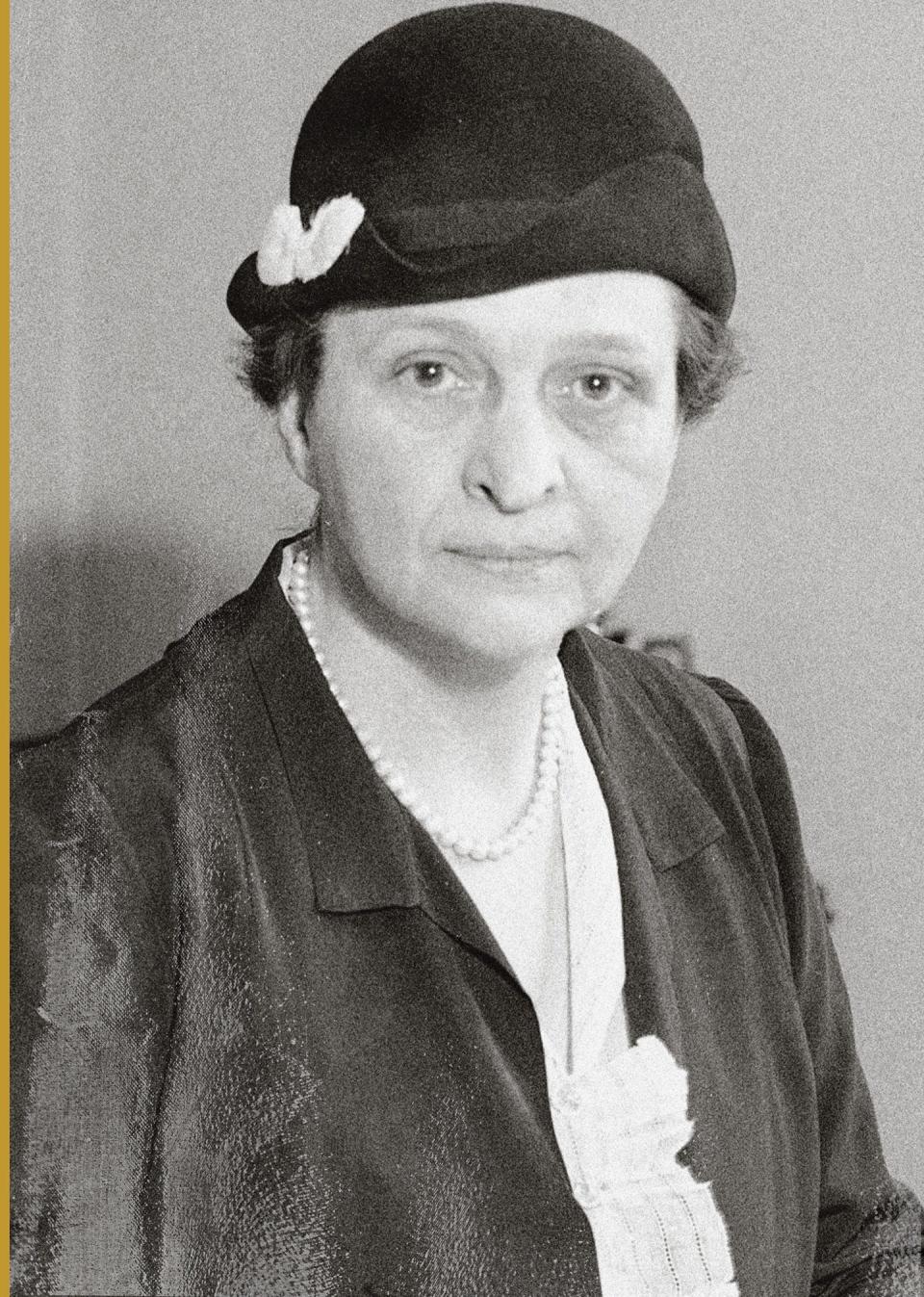
Perhaps the person who most comprehensively shaped the American workplace, Frances Perkins, the principal architect of the New Deal, was the first woman appointed to a presidential Cabinet, serving under President Franklin Roosevelt as secretary of Labor from 1933 to 1945, the longest anyone, man or woman, has served in the position.
Growing up, Fanny, as she was known to the family, spent her childhood summers with her grandmother on the family’s ancestral homestead in Newcastle, Maine.
Early in her career, Perkins saw firsthand more than 50 workers at New York’s Triangle Shirtwaist Factory jump or fall from the eighth and ninth floors of the building to their deaths amid a devastating fire. Dozens more died in the blaze. Perkins later was quoted as saying that was “the day the New Deal was born.” Following the tragedy, a citizens’ “Committee on Safety” was formed, and Perkins became its executive secretary. The panel’s efforts on worker health and safety resulted in the most comprehensive set of laws governing workplaces in the nation, and set Perkins on her life’s path.
As secretary of Labor, much of the New Deal fell to Perkins to execute, including the Civilian Conservation Corps, the Public Works Administration, the Federal Works Agency and the labor portion of the National Industrial Revolution Act.
Perkins shaped many of the workplace standards we know today, such as the 40-hour workweek, the minimum wage, overtime laws, laws to reduce workplace accidents, union policy, and laws against child labor. She was instrumental in the Social Security Act, which helped to establish unemployment benefits, pensions for the elderly and welfare.
These policies are credited with helping lift Americans out of the Great Depression.
After her term as Labor secretary, she wrote a best-selling biography, “The Roosevelt I Knew,” in 1947. The next year, President Harry Truman appointed her to the U.S. Civil Service Commission, where she served until 1953.
Florence Brooks Whitehouse
Suffragist, author
(1869-1945)
A novelist turned suffragist and supporter of the controversial National Women’s Party, Florence Brooks Whitehouse was considered a radical feminist during her time.
She was born into a prosperous and socially prominent family in Augusta, Maine, and traveled extensively abroad as a young woman. She wrote two novels, “The God of Things” and “The Effendi,” both romances set in the Middle East, and many short stories when she was raising her young family in Portland.
In her 40s, she became interested in women's suffrage and started joining every suffrage league she could find. Wanting even more options, in 1915 she founded the Maine branch of the Congressional Union (which would later become the National Woman’s Party), serving as the chairwoman for five years. She drew attention locally because the Union often used tactics that were deemed militant by others. She traveled across the country participating in protests.
Known for her skills as a writer, public speaker and organizer, she led Maine in the last six years of the struggle for women’s right to vote. She worked closely with other key leaders in the suffrage movement, such as Paul and Carrie Chapman.
Once women received the right to vote, she put her energies into serving on the Portland Chamber of Commerce and campaigned for the League of Nations and international peace and disarmament, among many other activities.
Frances W. Peabody
AIDS activist
(1903-2001)
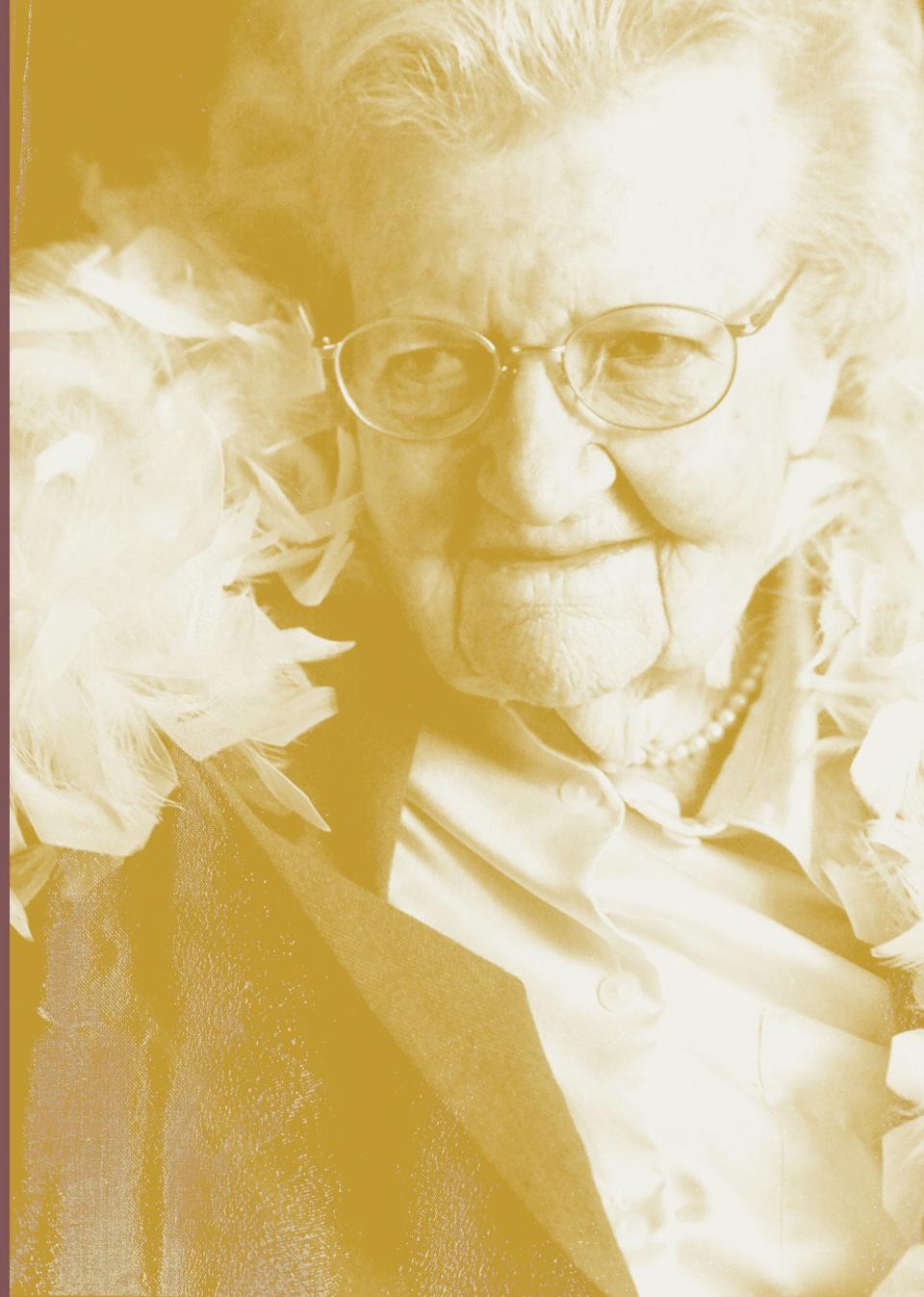
Frances W. Peabody was a civic leader and businesswoman who led HIV/AIDS education and support efforts in Maine during a time when people were just learning about the disease, and who became a national advocate for AIDS patients and their families.
A Mayflower descendant and a lifelong Republican, Peabody used her privilege to bring awareness to the nearly invisible AIDS activism movement in Maine at the age of 80, when her eldest grandchild was diagnosed with AIDS.
After her grandson's death in 1984, she turned her grief into action, dedicating herself to fighting AIDS and educating people about it. She co-founded the AIDS Project in 1985 to provide support to people with AIDS. Wanting to do more, 10 years later she opened the Peabody House hospice in Portland as a residence for men with AIDS, in order to better provide the care they needed.
For her work, Peabody received the Daily Points of Light Program award in 1990 — presented by President George H.W. Bush — which recognized ordinary Americans that go above and beyond.
Even so, she never saw herself that way.
“I don’t think I’ve done more than a lot of people,” she told the Associated Press in 1993. “We see tremendous courage. If these people can do it, we can keep doing it, too.”
She stayed active at Peabody House until just days before her death in June 2001, the month in which she marched in Portland’s Pride Parade as grand marshal.
Judith Magyar Isaacson
Women’s rights activist
(1925-2015)
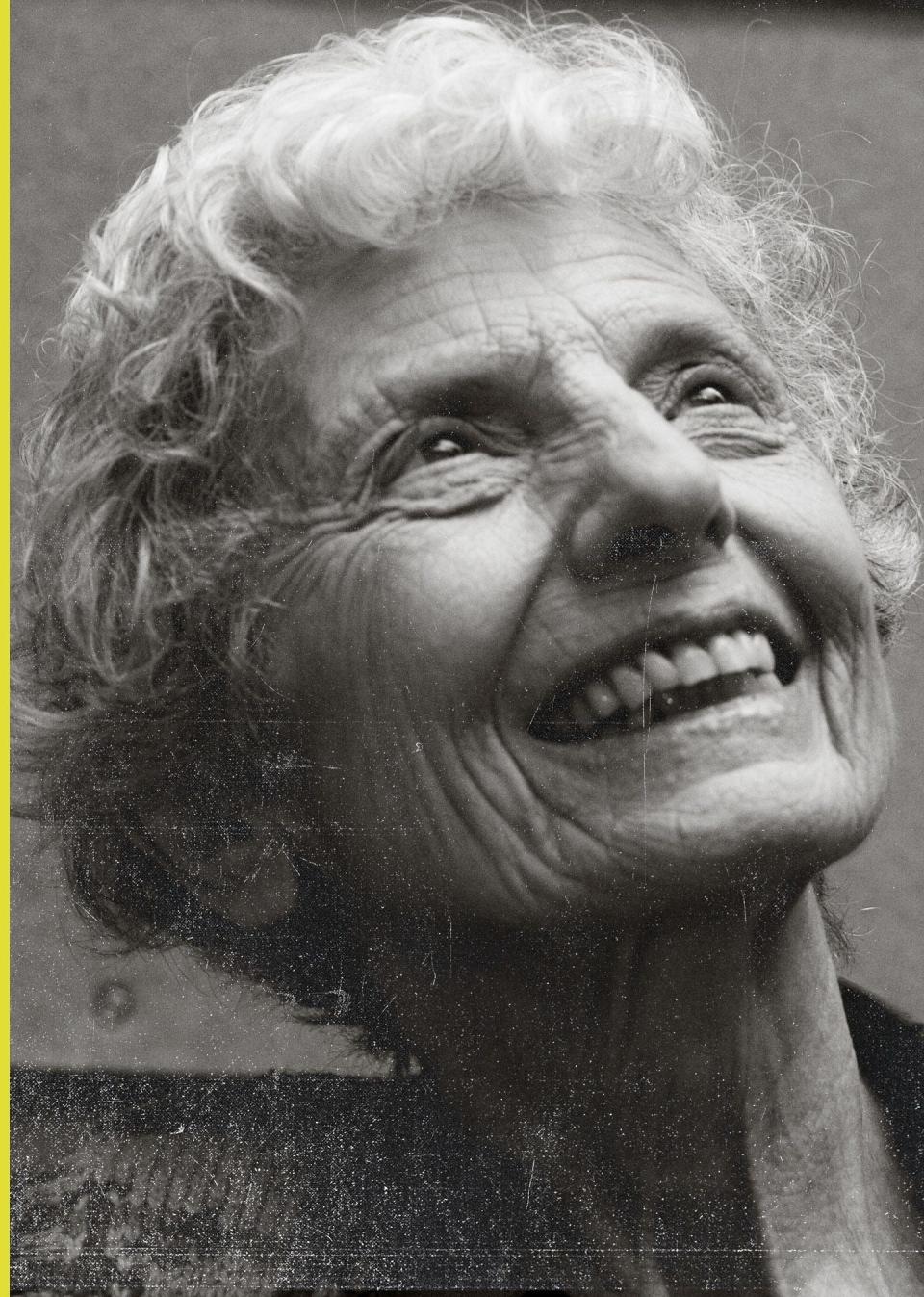
A champion of equal opportunity for women and human rights, Judith Magyar Isaacson knew the horror of what it meant to have those taken from you.
Born in Hungary, she was 19 when her family was deported to Auschwitz. On arrival, her grandmothers and aunt were gassed, the beginning of many years of loss. She, along with her mother and another aunt, were sent to a slave labor camp, where they were liberated in April 1945. The rest of her family was killed in the genocide.
A month after being freed by American forces, Judith met Irving Isaacson, a captain in the U.S. Army Office of Strategic Services, married him and came to the United States in 1946.
In the U.S., she went to school, earning a bachelor’s degree in mathematics at Bates College in 1965 and a master’s in math at Bowdoin College two years later. She returned to Bates as a teacher, and then became the dean of women in 1969 and dean of students in 1975.
In her role as dean, she worked to level the playing field between men and women at the college, supporting women’s athletics and ending separate and unequal codes of conduct for men and women. She emerged as a national advocate for women’s rights, and worked for those rights as a member of the Bowdoin College Board of Overseers from 1984 to 1996.
In 1976, after discussing her wartime experiences with a group of students, Isaacson wrote “Seed of Sarah: Memoirs of a Survivor,” which became a valued source for Holocaust research and women’s studies. The book was adapted by Maine composer Mark Polishook for an opera and subsequent film, and it led to Isaacson becoming a national speaker about the Holocaust and about fair and equal treatment of all people. The book has become an enduring inspiration of courage and resilience for young women and men.
Olympia Snowe
Former U.S. senator
(1947- )
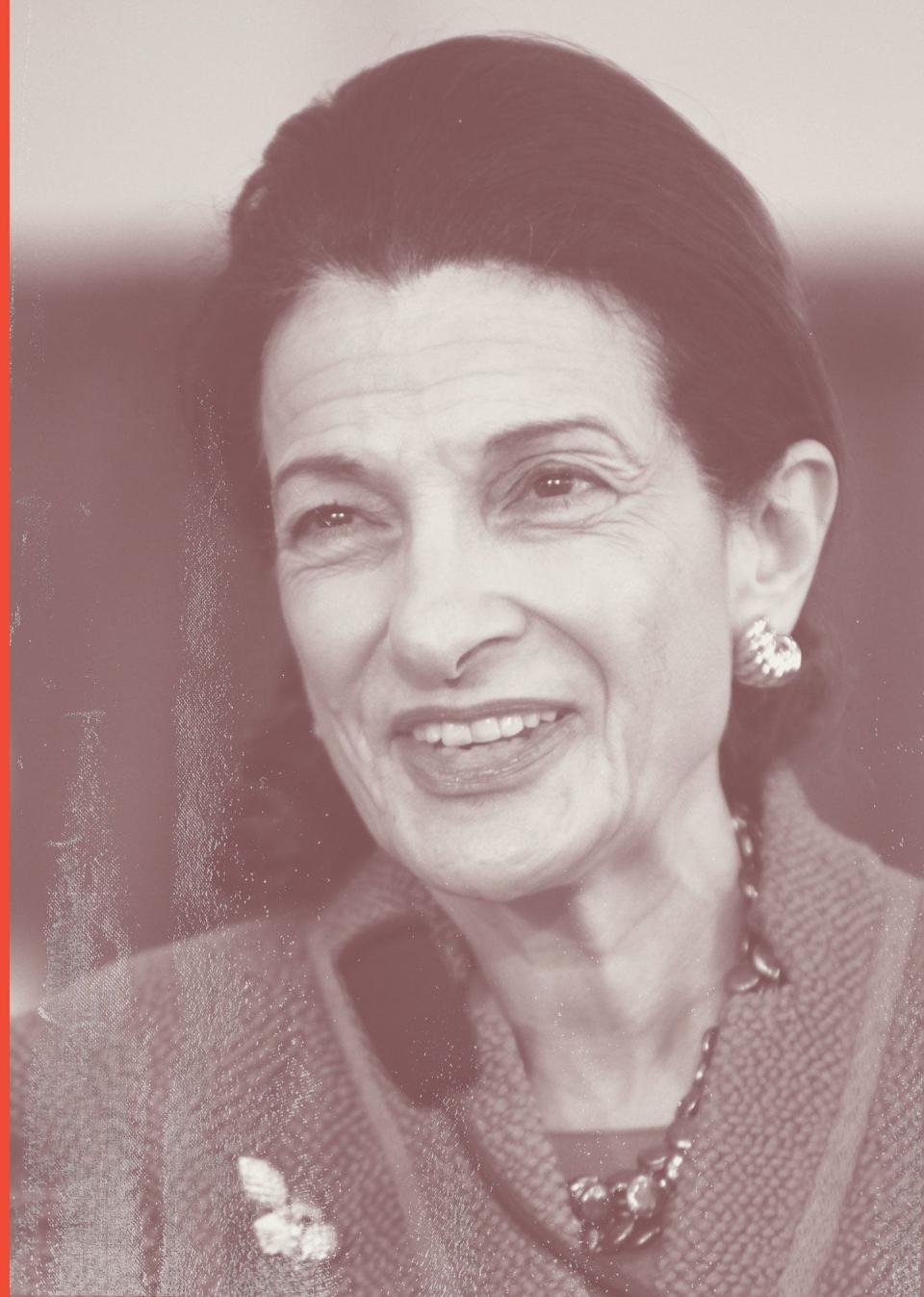
A Republican senator known for her bipartisan efforts, Olympia Snowe was a leader in the U.S. Senate from her arrival in 1995 to her retirement in 2013.
Before joining the Senate, Snowe represented the Second Congressional District of Maine for eight terms in the U.S House of Representatives. When she was elected in 1978, she was the youngest Republican woman ever elected to Congress and the first Greek-American woman.
In the House, she earned respect for her leadership as co-chair of the Congressional Caucus for women’s issue. She was known for her ability to influence votes, which served her well in the Senate as a leader on women’s issues, budget deficit reduction, student financial aid, education technology, health care and defense issues.
After 40 years in public service, she announced her retirement in 2012, warning that the Congress is “not living up to its billing” as it becomes increasingly divided along party lines. While she said she didn’t have all the answers, Congress, she said, needed to see the strength in compromise and that voters needed to reward politicians for those compromises.
Mabel Sine Wadsworth
Women’s rights advocate
(1910-2006)
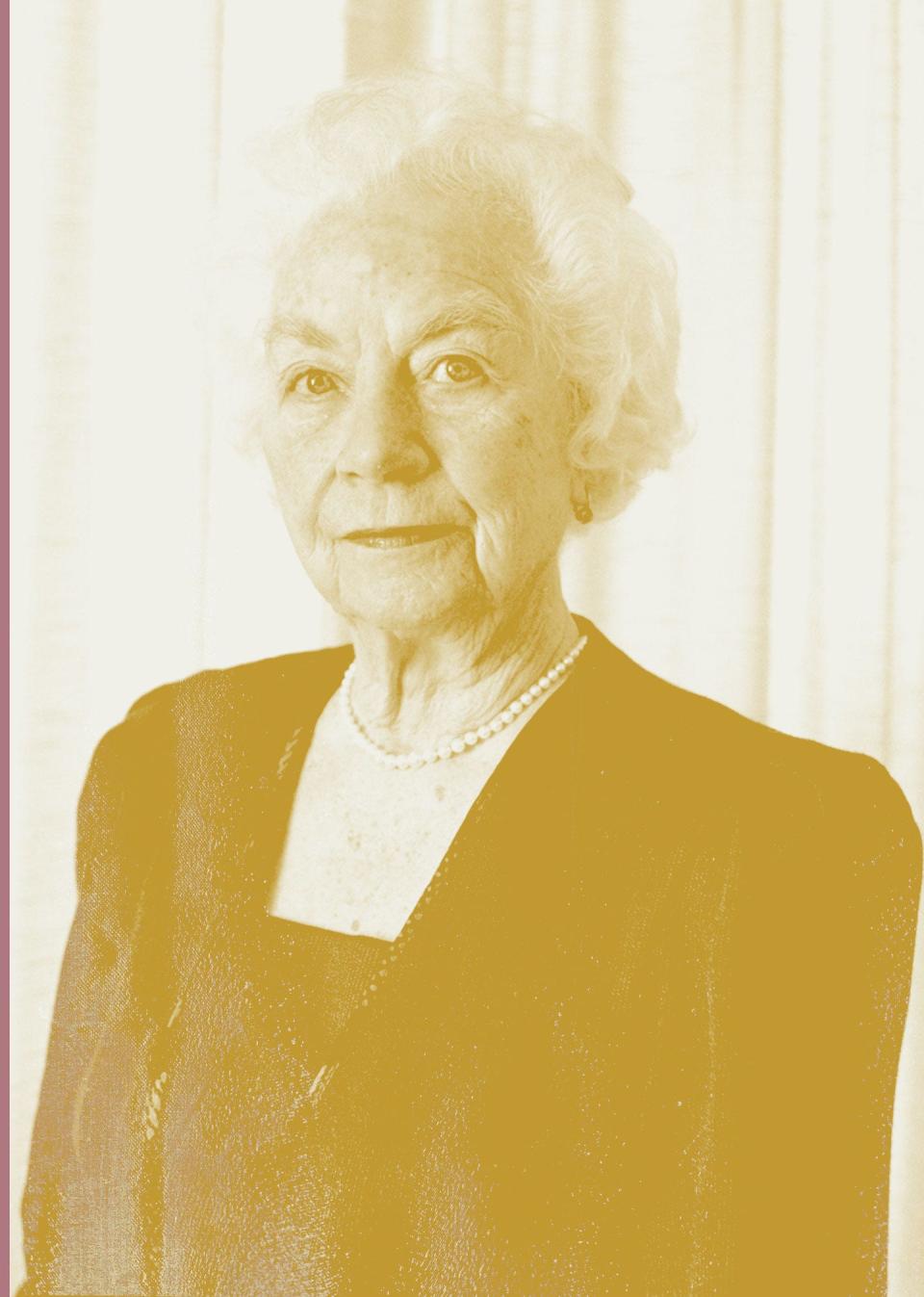
Inspired by the work of Margaret Sanger, the founder of the birth control movement, and tired of seeing women suffer and die needlessly because of a lack of access to safe, legal abortions, Mabel Sine Wadsworth dedicated her career and life to ensuring women in Maine can access safe and effective contraceptive services and maternal care.
After joining the Maternal Health League in Maine, Wadsworth and other women would drive to rural areas around Bangor to talk to women about how to space out their pregnancies and how to access contraceptive services.
When contraceptives started becoming widely available in the 1960s, Wadsworth created and led Maine's first family planning program, and was one of the founders of the Maine Family Planning Association in 1971, becoming its first president. She believed women should be in control of their sexuality and sexual health, a revolutionary idea at the time, particularly in rural Maine.
In 1984, she supported the establishment and naming of the Mabel Wadsworth Women's Health Center in Bangor, a private, nonprofit, feminist health center.
Janet Mills
Maine’s first female governor
(1947- )
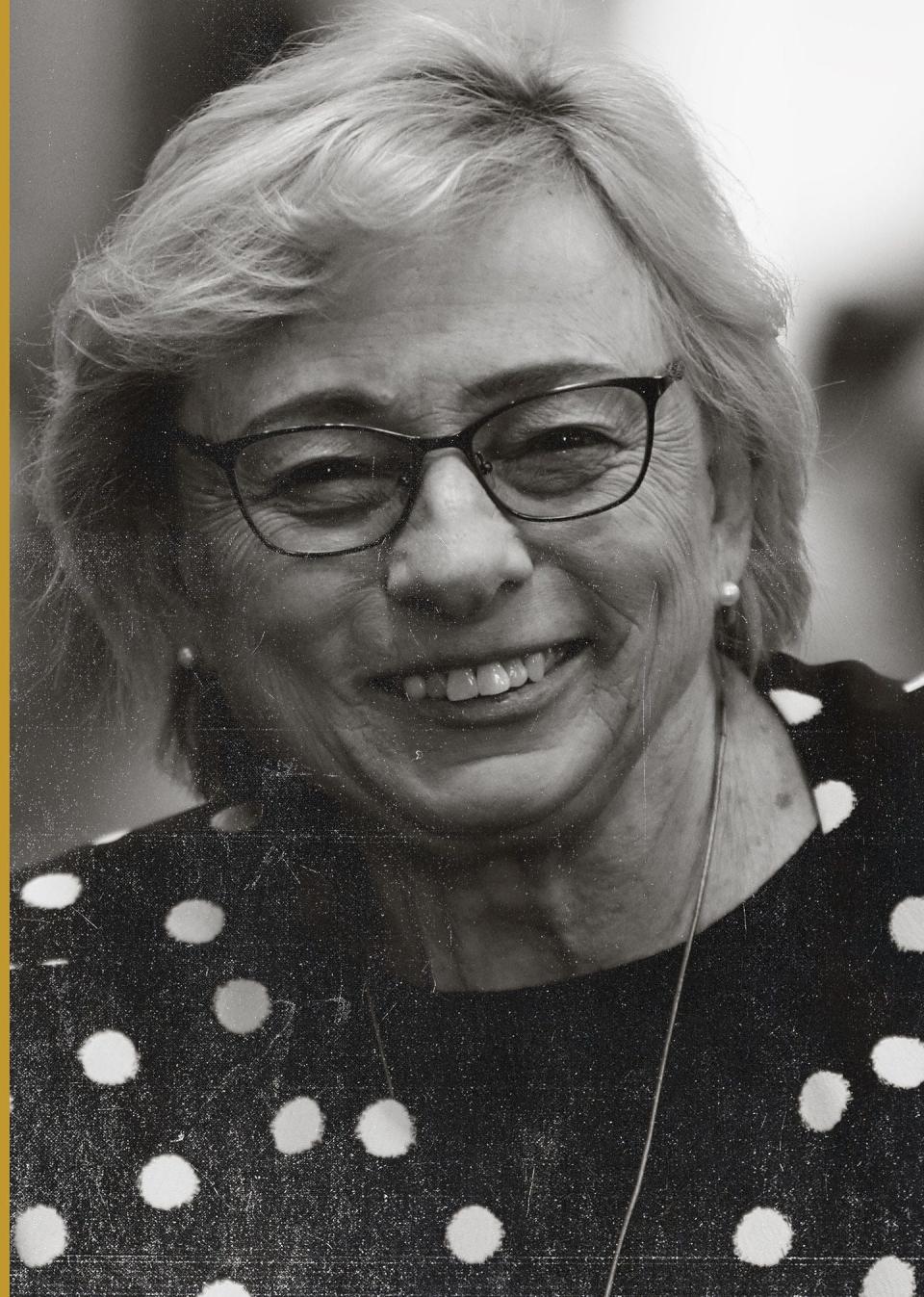
Gov. Janet Mills broke several barriers for women in her home state of Maine, becoming both the state’s first female attorney general and the state’s first female governor.
Her career includes many firsts for women, even at the start of her law career, when she became the state’s first female criminal prosecutor and assistant attorney general from 1976 to 1980. Upon her election as district attorney in 1980, she became the first female district attorney in all of New England.
After being elected in 2018 as Maine’s first female governor, she immediately set to work expanding the state’s Medicaid program, dropping the work requirement for Maine residents to apply for Medicaid, and bringing back Martin Luther King Jr. Day events. She also worked to replace Columbus Day with Indigenous People’s Day as a way to acknowledge the state’s Native American communities.
Patricia Ryan
Equal rights activist
(1945- )
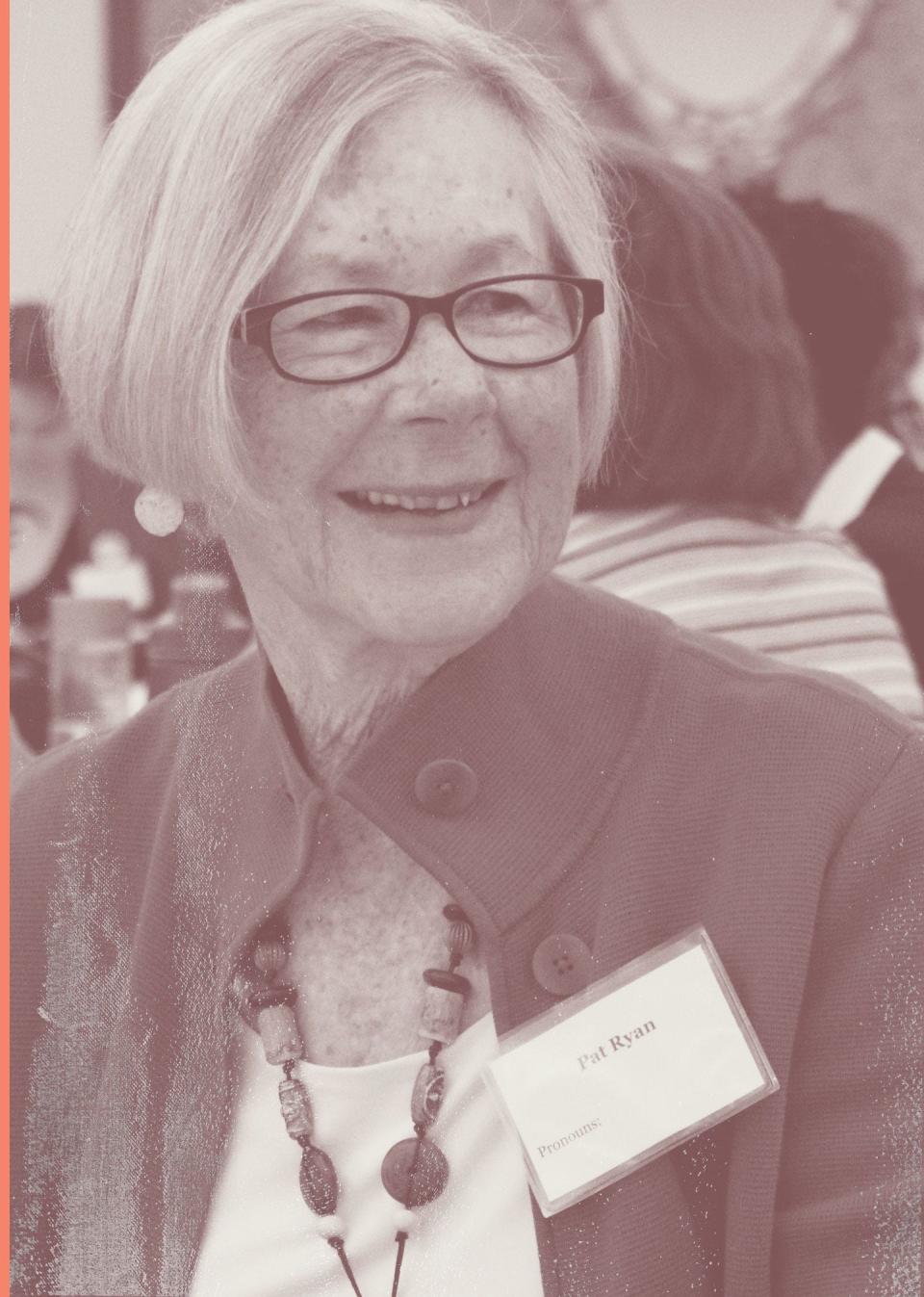
Patricia Ryan’s tireless dedication to human rights in Maine has helped push the state to the forefront of equality.
In 1974, due largely to her work as a coordinator for the Maine Coalition for the Equal Rights Amendment, Maine became the seventh state to ratify the Equal Rights Amendment.
In that spirit, she served as the executive director of Maine’s Human Rights Commission for more than 30 years, where she organized and strengthened the state agency into a body empowered to enforce equal treatment for all under the law. For several years, she was also the chair of the Governor's Advisory Council on the Status of Women, chair of the Maine Commission for Women, and chair of the Maine State Personnel Board.
She also founded the Maine Women’s Lobby in 1978.
In 2014, Ryan was presented with the Roger Baldwin Award by the ACLU of Maine, an annual honor marking an activist's or group’s contribution to promoting and protecting civil liberties in the state.
Thelma Swain
Philanthropist
(1908-2008)
A force for education and other nonprofit endeavors in her home state of Maine and beyond, Thelma Swain dedicated her life to philanthropy after her husband’s death in 1993.
Swain gave generously to scholarship programs for Maine’s community college system, giving nearly $2 million over several years to each of the seven schools, as well as an endowment of the Thelma C. Swain Scholarship at each of the schools, and the Lloyd Duncan Scholarship at Northern Maine Community College, all helping students going into trades such as plumbing, electrical work and nursing. She helped establish scholarships specifically for Maine students at Middlebury College in Vermont and Tufts University in Massachusetts. After her death, her estate gave $1 million to the Foundation for Maine's Community Colleges.
Beyond education, Swain supported environmental concerns and historical nonprofits and programs throughout Maine, including the Gulf of Maine Research Institute, Portland Arboretum, Pine Tree State Arboretum, the Pine Tree Society camp, the Maine Children's Home for Little Wanderers and the Norlands Living History Center.
More coverage
Women of the Century: They didn’t succeed despite adversity, but often because of it
50 states: Learn about notable women from every state
Who is your Woman of the Century?: Let us know
Recognizing women past and present: See all of our coverage
Sources used in the Women of the Century list project include newspaper articles, state archives, historical websites, encyclopedias and other resources.
This article originally appeared on USA TODAY: Women of the Century Maine list includes state's first female governor

